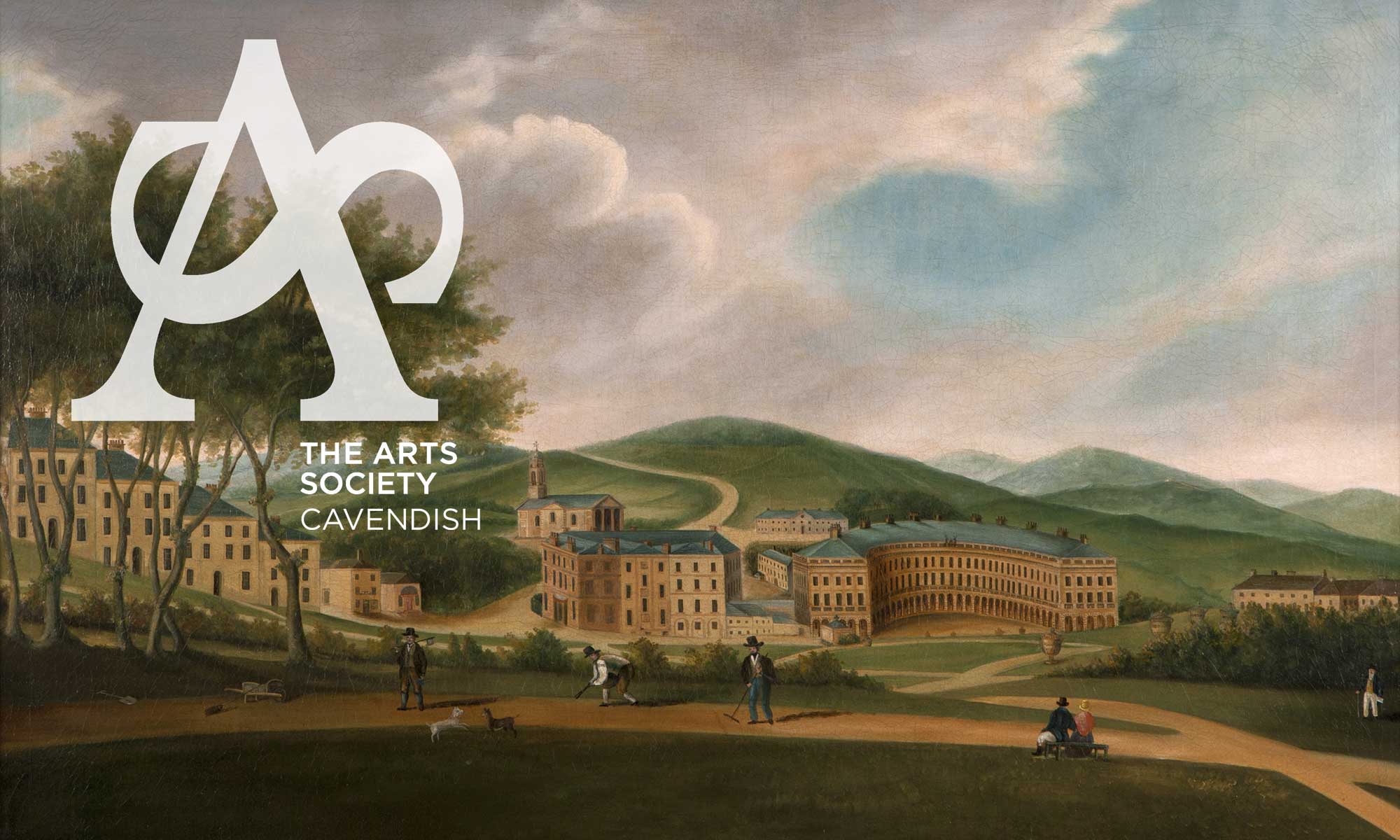This is where you can watch part 2 of Brian Healey’s study day on When Cotton Was King. You can also test yourself with a quiz to check what you have remembered (no pressure, just click the answer button to see if you were right) and at the bottom of the page is a reading list that Brian has kindly provided.
If you missed part 1 of Brian’s talk here is the link to see it now: https://youtu.be/RkIjyM4Tn_g. When you have viewed it you can take the quiz below.
WHEN COTTON WAS KING QUIZ Part 1
1.From which country was the art of weaving allegedly first introduced to Manchester?
2.Which one of these brought Greek revival style to Manchester for the first time?
Charles Cockerell
Francis Goodwin
Thomas Harrison
Richard Lane
3. Find the odd man out!
Ford Madox Brown
Alfred Waterhouse
Thomas Worthington
Edward Walters
4. How many “orders” of Venetian archway did Ruskin identify?
5. Can you name either of the two seminal works on architecture published by Ruskin? (mentioned in part 1 – “From Warehouse to Palazzo”
6. Stuart and Revett were:
important Manchester cotton merchants
architectural historians and publicists
architects of the Albert memorial
architects of the Manchester Free Trade movement
7. Which architect introduced the “Palazzo” style to Manchester?
8. Who designed Manchester’s gothic (second) Town Hall?
9. What was his most important London commission?
10. In which building did the TUC congress hold its first meeting?
11. What gift did King William 1V make to the Manchester Royal Institution?
12. Who was Sir Benjamin Heywood? Select:
A prominent banker
A prominent cotton producer
A prominent architect
A prominent mayor
13. Which famous canal runs into the Castlefield basin?
14. Manchester’s oldest surviving warehouse is: (select)
Merchants Warehouse
Middle Warehouse
Dale Street Warehouse
Watts Warehouse
15. Where would you find the ionic colonnade from the old Town Hall?
16. Name one famous person who worshipped at the Friends Meeting House
17. Who was Manchester’s most prolific neo-classical architect? Was it:
Sir Charles Barr
Sir Francis Goodwin
Richard Lane
Edward Salomons
18. Which famous building by Edward Walters best illustrates the “Palazzo” Style?
19. Which sex are allegorical figures almost always depicted as, male or female?
20. Where could you have found the “largest room in the world”?
21. The Free Trade movement gained momentum in response to the distress caused by which law?
22. Many Manchester men supported the movement to change the way MPs were elected. Can you name the building that Edward Salomons designed for them?
23. The former Gentleman’s Concert Hall stood on the site of another important building that still exists. Which one?
24. J & S Watts & Co. can be considered the forerunner of which iconic Manchester department store?
25. Raw and finished cotton left the warehouse via a special loading bay. What was it called?
Scores: 20-25 Brilliant – you are the finest Jacquard!
15-20 Satisfactory – you’d certainly make a decent sheet
0-15- Disappointing…but maybe good enough for an Indian dhouttie!
READING LIST
When Cotton was King, the Architectural Legacy of Central Manchester
I have highlighted in BOLD works I would particularly recommend.
Online:
Clark, K 2001 Informed Conservation: Understanding Historic Buildings and Their Landscapes for Conservation. London: English Heritage
Cooper, A V 1991 ‘The Manchester Commercial Textile Warehouse, 1780-1914: A Study of its Typology and Practical Development’. Unpublished PhD thesis, Manchester Polytechnic in collaboration with Manchester School of Architecture
English Heritage 2001 Enabling Development and the Conservation of Heritage Assets. London: English Heritage
Farnie, D A 1979 The English Cotton Industry and the World Market 1815-1896. Oxford: Clarendon Press
Fitzgerald, R S 1980 Liverpool Road Station, Manchester:An Historical and Archaeological Survey. Manchester: Manchester University Press in association with the Royal Commission on the Historical Monuments of England
Hartwell, C 2001 Manchester (Pevsner Architectural Guides). London: Penguin Books Kidd, A 1993 Manchester. Keele: Keele University Press (some very cheap second hand copies available on Amazon)
McNeil, R and George, A D 1997 The Heritage Atlas 3 :Warehouse Album. Manchester: The Field Archaeology Centre, University of Manchester
Nevell, M and Walker, J 2001 Portland Basin and the Archaeology of the Canal Warehouse. Manchester: Manchester Tameside Metropolitan Borough Council with the University of Manchester Archaeology Unit
Parkinson-Bailey, J J 2000 Manchester:An architectural history. Manchester: Manchester University Press (second hand copies available on Amazon as well as new)
Jonathon Schofield: Manchester Lost and Imagined – Amazon (some second hand copies available)
